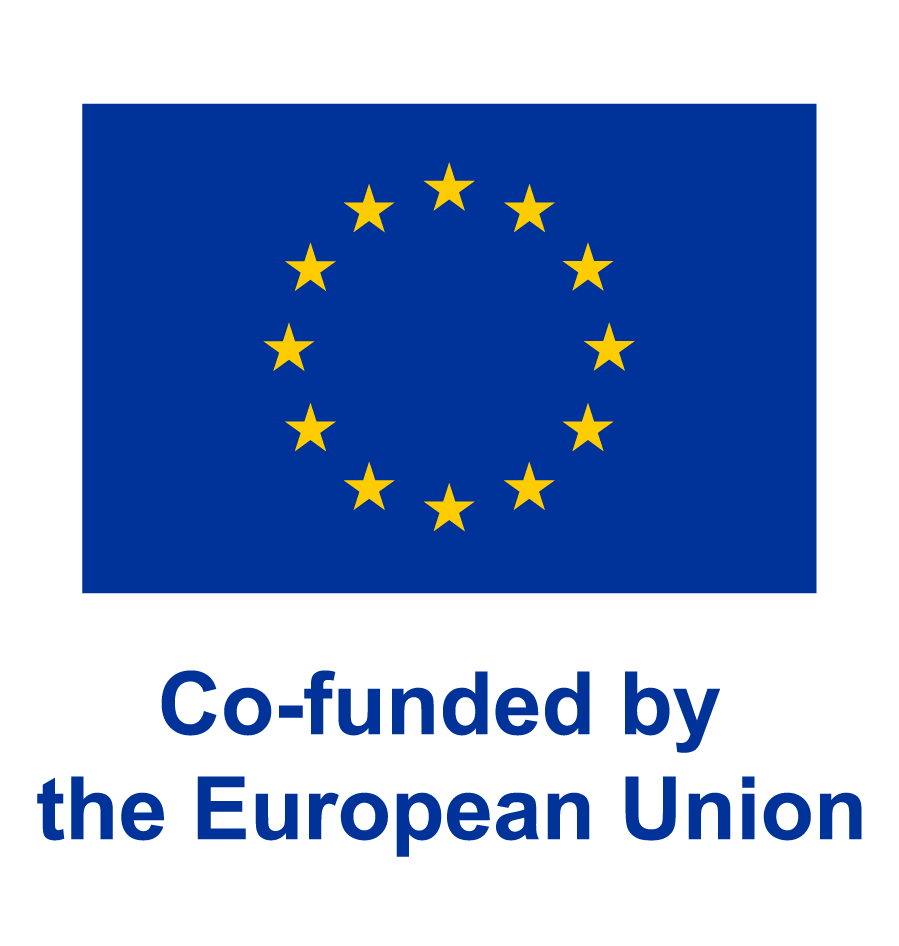
Michal Kopčan, Mental coach
Regular sports can pull someone out of depression and anxiety states.
The lack of movement and sports leads to many mental problems, stress, and psychological disorders. These are the ailments of modern society and the rushed life many of us have to face. As part of the Bratislava conference concluding the premiere European Team Cup, we spoke with the certified mental coach, mentor, therapist, and executive of MK coaching Ltd., MICHAL KOPČAN.
Why do you think people should play sports?
Because in addition to improving physical fitness, they can connect the mental and social worlds. And because amateur sports on a regular basis reduce the risk of depressive states. This has also been scientifically proven.
So, how does it work?
During sports, the biochemistry of the body changes. It releases hormones that are beneficial in terms of our mental health. Similarly, the social environment and the support of others can also help. I myself spent years in amateur football and know that even teammates can support you when going through a difficult phase in life.
What else can team sports bring us?
You can set goals in it, there's social responsibility. People within a community are able to communicate. According to statistics, the number of mental disorders has almost doubled in the last ten years, but it is not necessary to reach for pills. Sport is that miraculous thing that can change our state. Socialization has a truly positive impact on society's mental health. Additionally, sports also reduce the risk of burnout.
However, sometimes getting out of depression isn't easy. How should someone with such problems start according to you?
Even half an hour of sports three or four times a week reduces anxiety. Initially, even a walk is enough. Or jogging, a combination of light running with walking. On the other hand, it shouldn't be overdone. Too much exercise doesn't compensate for stress or anxiety. Regularity is more important than intensity.
You were a guest at the European Team Cup, where four hundred young people from thirteen European countries gathered. They're not professionals, but they still came to Bratislava to play sports. What do you think motivated them?
Social contact. The opportunity to measure up against different cultures. I'm delighted by this. Of course, the health benefits of playing sports are undeniable.
At the end of the tournament conference, a Turkish guest presented their amateur football mini-league, which they approach as if it was a professional competition. They do press conferences, photos, collect statistics. Can you imagine something like this for us?
I was intrigued. The idea of added experience in the context of amateur sports. I'd like that. It might help make amateur sports more popular here. When people discover that beyond just playing sports, there can be an additional purpose, output, direction, it's always nice. It would add value. Everyone experiences sports differently. Even amateur athletes create their own reality. There are 8 billion people in the world, meaning there are 8 billion different worlds.








